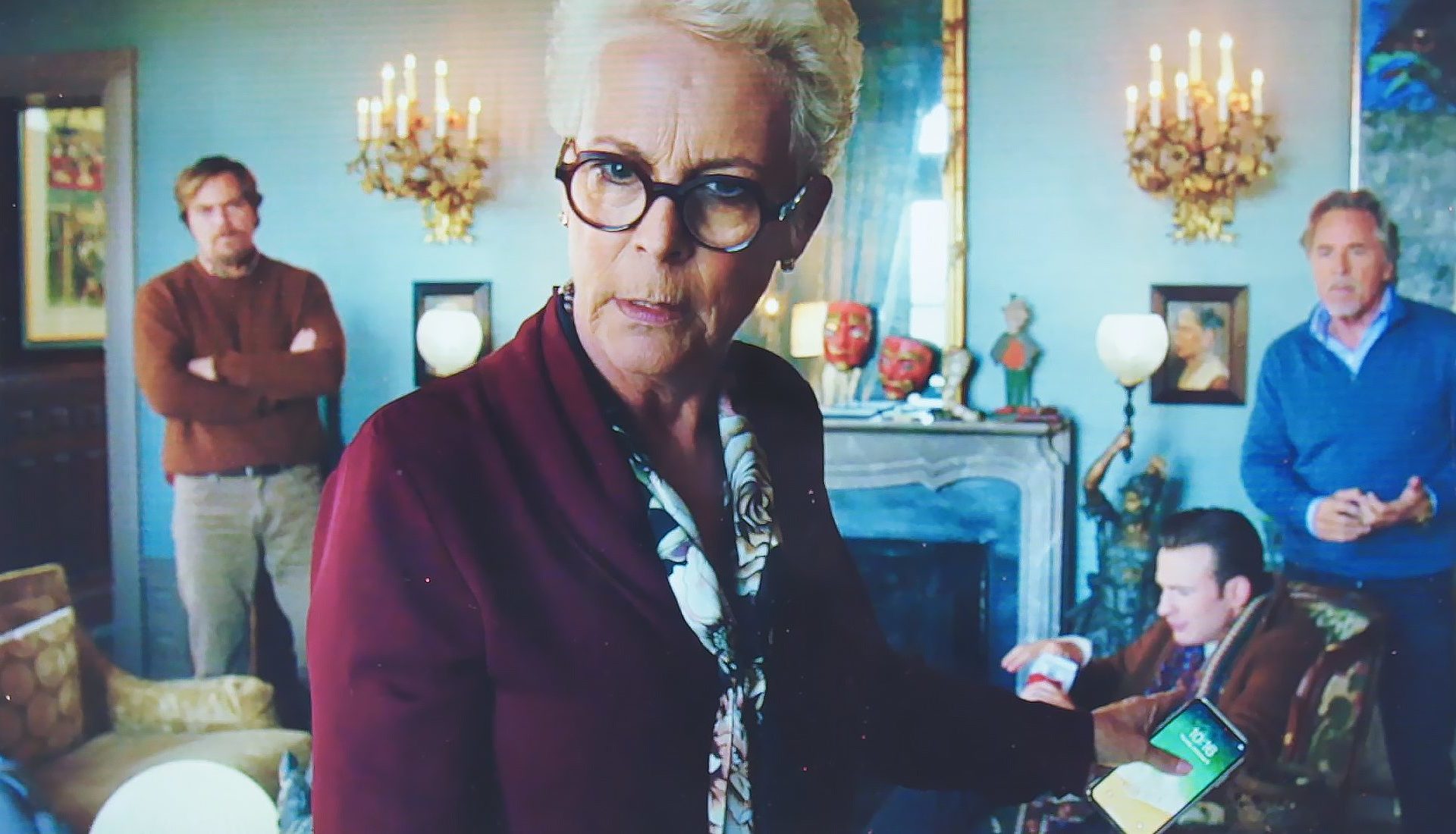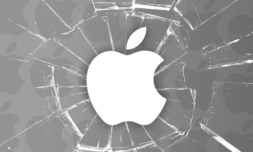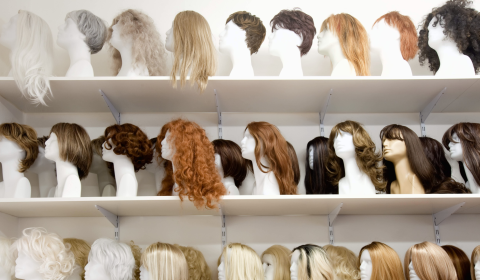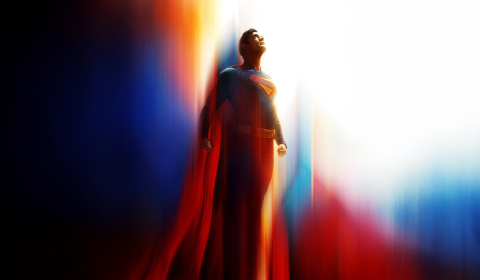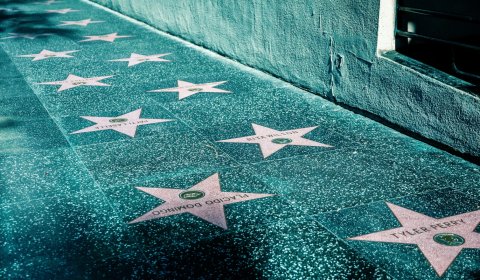Film director Rian Johnson has revealed an alleged industry secret, claiming that Apple prohibits any fictional bad guys from using its products on-screen.
‘Bad guys cannot have iPhones on camera,’ says director Rian Johnson in a video interview with Vanity Fair while explaining a scene from his most recent film, Knives Out. Outing an alleged secret in the world of product placement, Johnson is referring to the obsessive amount of control Apple insists on having over its brand image.
‘They let you use iPhones in movies,’ he says. ‘But – and this is very pivotal – if you’re ever watching a mystery movie, notice that villains are almost always required to use Androids.’
Since its foundation, Apple has made an innumerable amount of effort to cultivate its immaculate reputation. With strict controls in place on how any one of its products are used both on the big and small screens, strict guidelines advise that all technology displaying its trademark must be presented in ‘the best light, in a manner or context that reflects favourably on the Apple products and on Apple Inc.’
A bit over-the-top if you ask me, but these stringent conditions don’t seem to be enough to deter members of the film industry.
In fact, Apple still holds the number one position as market leader on all screens internationally, appearing ‘in one form or another in the majority of TV shows and movies that take place in the modern world,’ according to brand tracker, Concave.









